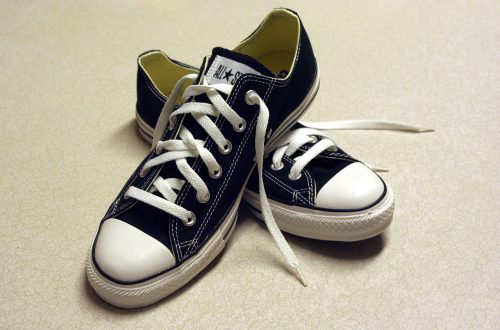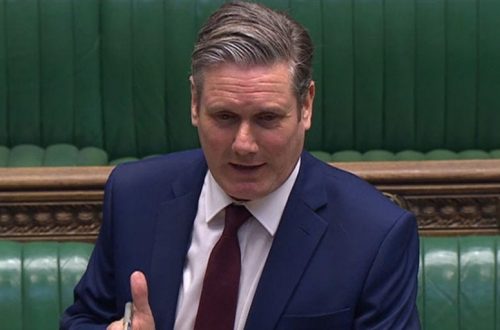Andrea Dworkin has died, at the terribly young age of 58.
It is difficult to overstate the importance of Dworkin in setting both the agenda and the tone of the radical feminism of the late 1970s and early 1980s.
Although gender politics – always a modish discipline – underwent a sea change in the late 1980s and 1990s – fuelled by the AIDS crisis and Queer politics – which rendered much of Dworkin’s approach positively antediluvian, echoes of her voice are still audible. The academics who were inspired by Dworkin’s analysis have played an important role in inspiring British criminal justice policy over the past decade: indeed Julie Bindel’s Child and Women Abuse Studies Unit has been a driver behind this Government’s sexual offences reform programme. It is a measure of Dworkin’s success that moral majoritarians are now more likely to speak in neutral terms of “disempowerment” and “oppression” than in subjective terms such as “disgust”.
Dworkin’s record as an activist was mixed. She pioneered with Catherine MacKinnon an understanding of pornography which treated it as “hate speech” and which sought to allow those who had survived sexual assault to sue its producers for damages. That sleight of hand was quickly struck down as unconstitutional by the Supreme Court. By contrast, having initially supported in principle the policing of sexual expression through criminal obscenity laws, Dworkin came to repudiate that strategy, after it became clear that they prime targets of such laws were, predictably enough, lesbian and gay material.
And still, isn’t there something to be said for political thinkers whose ideas are so striking that they command immediate attention if not actually respect? Had it not been for Dworkin, what would the 1990s generaton of anti-censorship feminists had to react against? A decent devil’s advocate should, after all, believe her own case.
Susie Bright has written a must read assessment of Dworkin on her blog.


